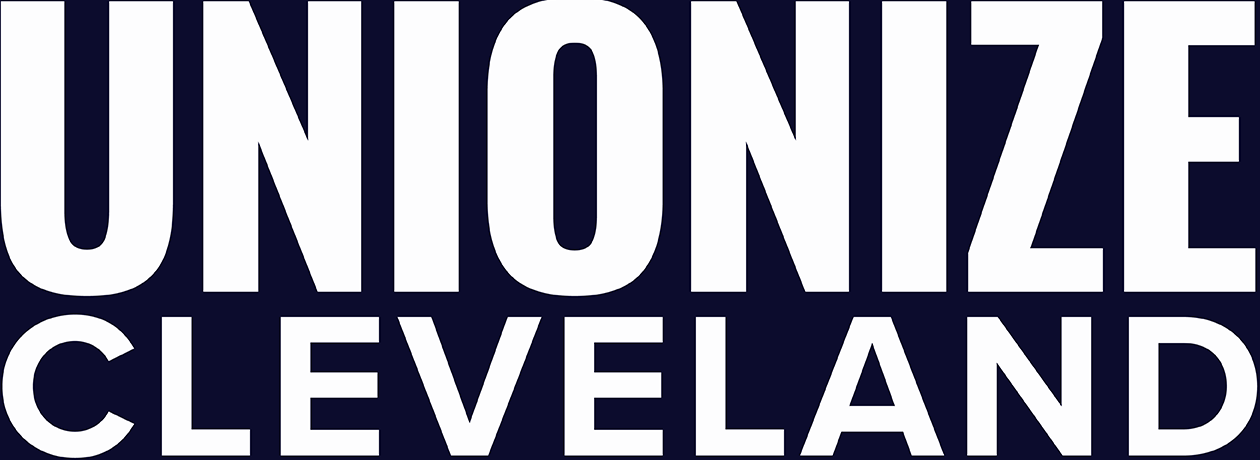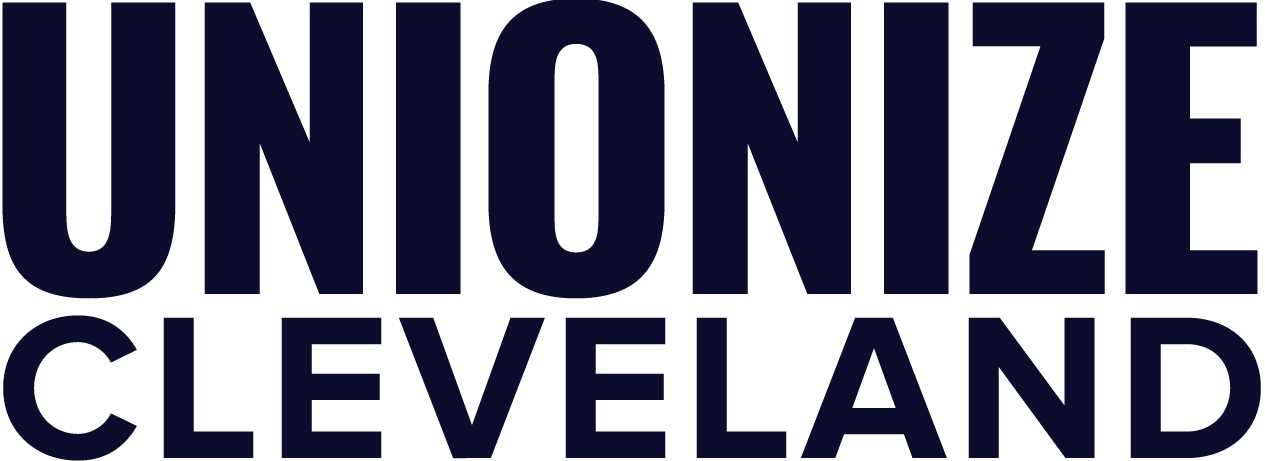Organize a Union
The Union DifferenceUnion StoriesContact UsOrganize Your Workplace
Learn the step-by-step process for forming a union with your coworkers and building collective power on the job.
Know Your Rights
Understand your legal rights and protections when organizing. Learn what your employer can and cannot legally do.
Meet Our Organizers
Put a face to the name. Learn about our organizers, their areas of focus, and how to start a confidential conversation.
Organizing Tools & Resources
Find downloadable flyers, FAQs, and other practical materials to help you run a successful organizing campaign.
Connect With An Organizer!
Organize a Union
Organize Your Workplace
Learn the step-by-step process for forming a union with your coworkers and building collective power on the job.
Know Your Rights
Understand your legal rights and protections when organizing. Learn what your employer can and cannot legally do.
Meet Our Organizers
Put a face to the name. Learn about our organizers, their areas of focus, and how to start a confidential conversation.
Organizing Tools & Resources
Find downloadable flyers, FAQs, and other practical materials to help you run a successful organizing campaign.

